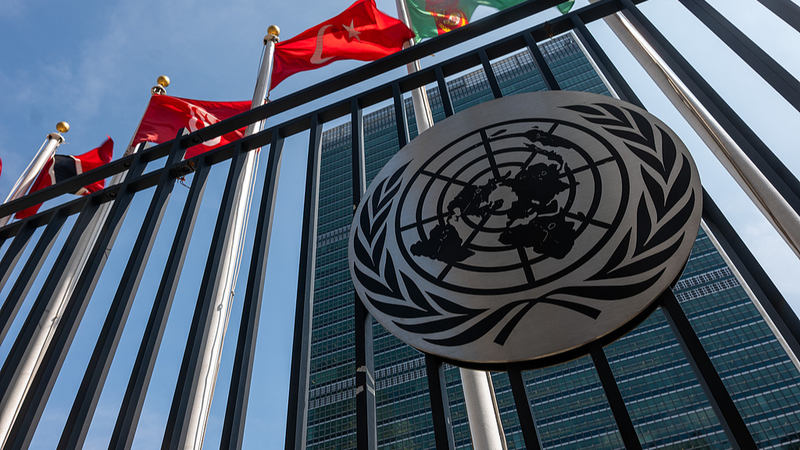This year, the United Nations celebrates its 80th anniversary, marking eight decades of diplomacy, development and peacekeeping. As global challenges evolve, experts Liu Baocheng and Emmanuel Matambo weigh in on what the UN must do to stay relevant.
From Post-War Foundation to Voice of the Global South
Liu Baocheng calls the UN's creation "a departure from barbarian state," highlighting how it prevented major power wars and gave newly independent nations a seat at the table. Its role in amplifying voices from the Global South, he adds, remains unparalleled.
Beyond Peacekeeping: UN's Health Achievements
For Emmanuel Matambo, the UN’s biggest victory isn't in armed conflict but in global health. He points to coordinated efforts against pandemics and vaccination drives as proof that the UN saves millions of lives every year.
China as a Partner in Progress
Liu notes that China has grown from a beneficiary to the second-largest UN funder and a major peacekeeping contributor. Beijing’s pragmatic focus on capacity building — from infrastructure support to technical training — aligns with UN goals and strengthens the Global South.
Africa's Call for Greater Representation
Emmanuel Matambo champions the African Union’s Ezulwini Consensus, urging at least two permanent African seats with veto power on the Security Council. "The continent remains disproportionately challenged by pandemics and climate change," he says. "We need a stronger voice."
Reform for a New Era
Both experts agree the UN is indispensable but must evolve. Matambo calls for reforms "long overdue," urging the UN to move in lockstep with modern realities. Liu stresses the need for better financing, streamlined operations and wider Global South representation in decision-making.
As the UN turns 80, its future hinges on unity, inclusion and innovation. Only by adapting to today’s global landscape can it continue to serve as the bedrock of international cooperation for generations to come.
Reference(s):
cgtn.com




